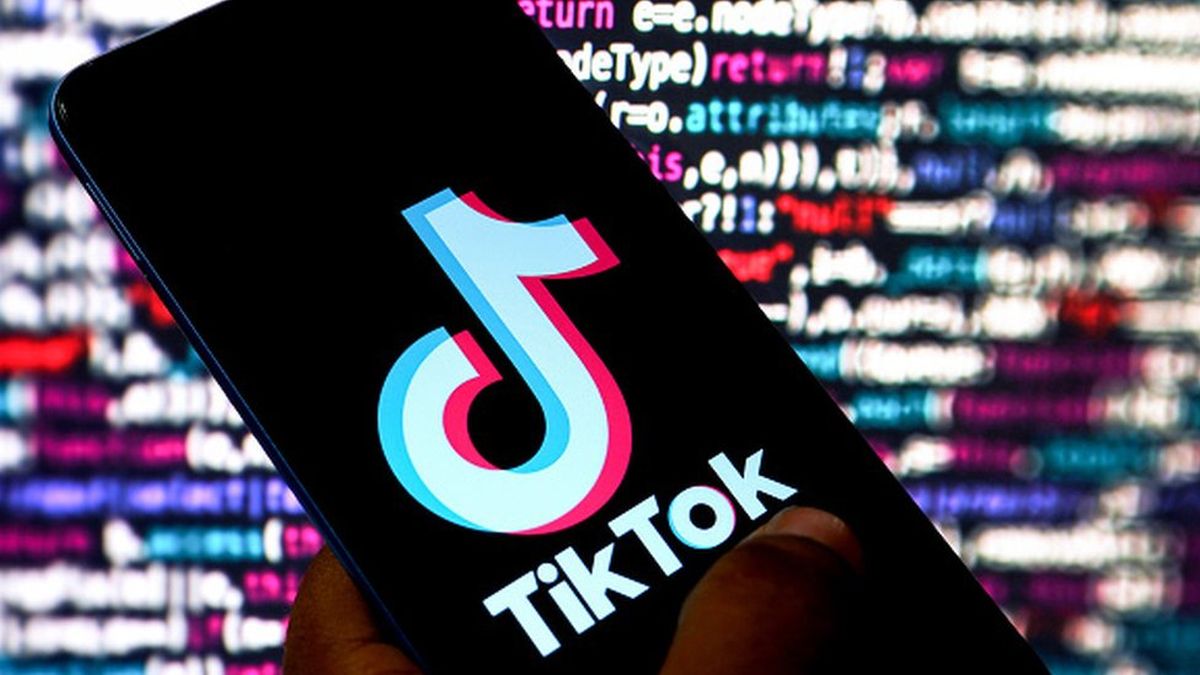TikTok ban on the horizon: New bill empowers Washington

Congress has rolled out a new bipartisan bill to empower the Biden administration, allowing nationwide application bans that carry potential cyber security risks. Even though TikTok's name is not directly in the bill, it is within the regulations' borders.
A coalition of bipartisan senators came together to support the Restricting the Emergence of Security Threats that Risk Information and Communications Technology (RESTRICT) Act. Mark Warner, the Democratic chairman of the Senate Intelligence Committee, and John Thune, the top-ranking Republican on the Commerce Committee, lead the coalition. The legislation aims to give the Secretary of Commerce more power regarding taking action against technology companies that "pose undue risk to national security." The bill targets tech firms based in six foreign adversary nations: China, North Korea, Cuba, Russia, Iran, and Venezuela. More information can be found here.
TikTok is not directly mentioned in the bill but is among companies based in one of the six foreign adversary nations. Chinese ByteDance owns the company, which is how the new bill includes both firms.
Warner's bill focuses on assessing and penalizing foreign companies from the aforementioned countries rather than targeting TikTok as a company, which Washington supported. "Today, the threat that everyone is talking about is TikTok, and how it could enable surveillance by the Chinese Communist Party, or facilitate the spread of malign influence campaigns in the U.S. Before TikTok, however, it was Huawei and ZTE, which threatened our nation's telecommunications networks," said Warner.
Even though TikTok said that it does not store the data of United States users in China, the government doesn't believe it. The famous social media platform has even taken steps to build plans that could eventually reduce the risk of influence by the Chinese government.
According to CNBC, "The Biden Administration does not need additional authority from Congress to address national security concerns about TikTok: it can approve the deal negotiated with CFIUS over two years that it has spent the last six months reviewing. A U.S. ban on TikTok is a ban on the export of American culture and values to the billion-plus people who use our service worldwide. We hope that Congress will explore solutions to their national security concerns that won't have the effect of censoring the voices of millions of Americans," says TikTok spokesperson Brooke Oberwetter.
The Biden administration is working to strengthen cybersecurity measures in the US after tensions with China escalated several times. Last week, the U.S. House Foreign Affairs Committee gathered to give Joe Biden the power to ban TikTok. Out of 40 members, 24 voted in favor of the decision, and the White House gave government agencies 30 days to ensure that TikTok is not on any federal devices and systems.
A couple of years back, the United States, alongside a couple more countries, banned the Chinese tech giant Huawei due to possible espionage. The relationship between the two countries is still very tense as now the U.S. is looking to ban TikTok. Recently, the White House revealed a fact sheet and gave information on the country's future plans for cyber security. Biden asked American tech companies to be more careful against cyberattacks. It looks like the U.S. will take more precautions in the near future against hackers and cyberattacks.
Advertisement